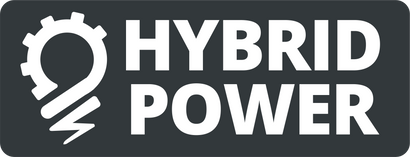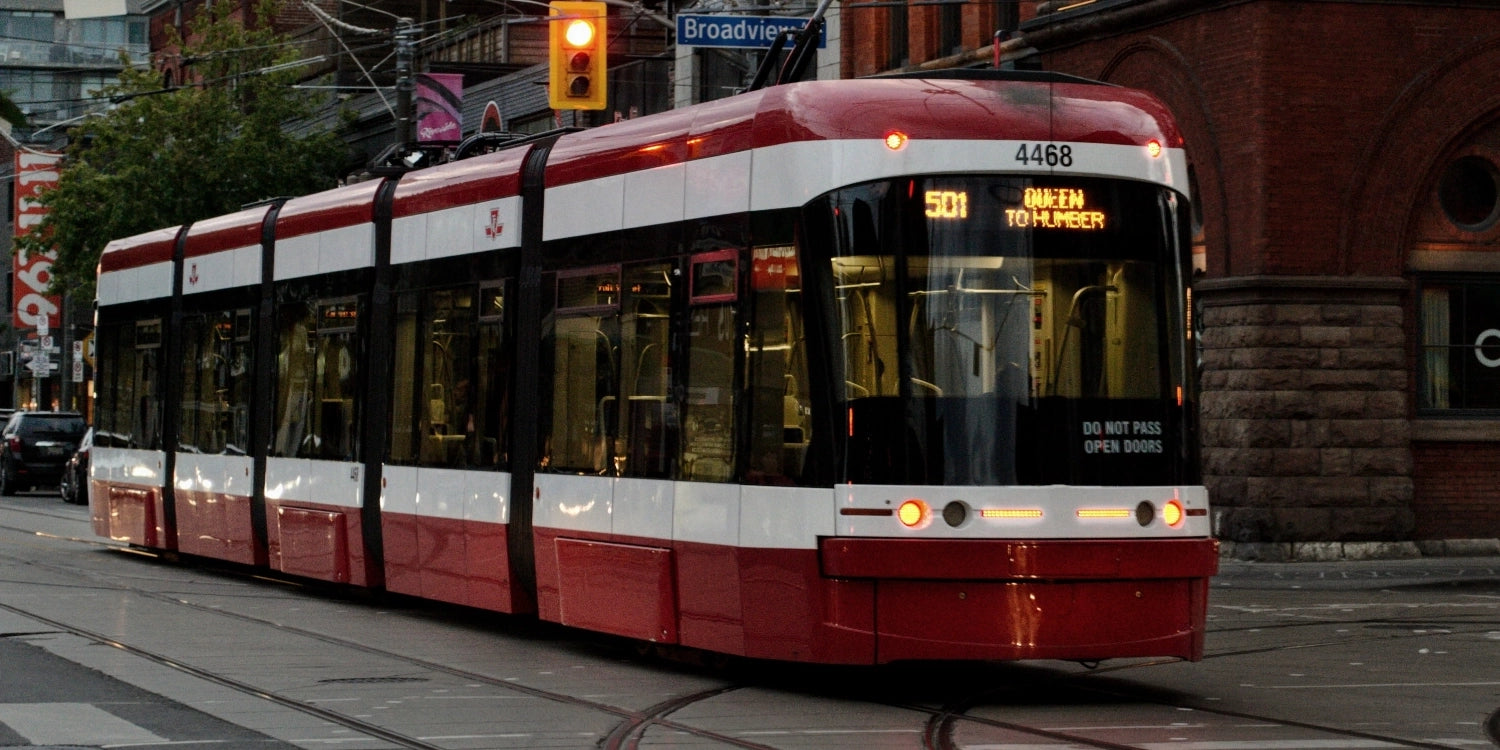Your Cart is Empty
Shop
Want to shop our products in person? Find an HPS dealer or installer near you.
Find a Dealer >
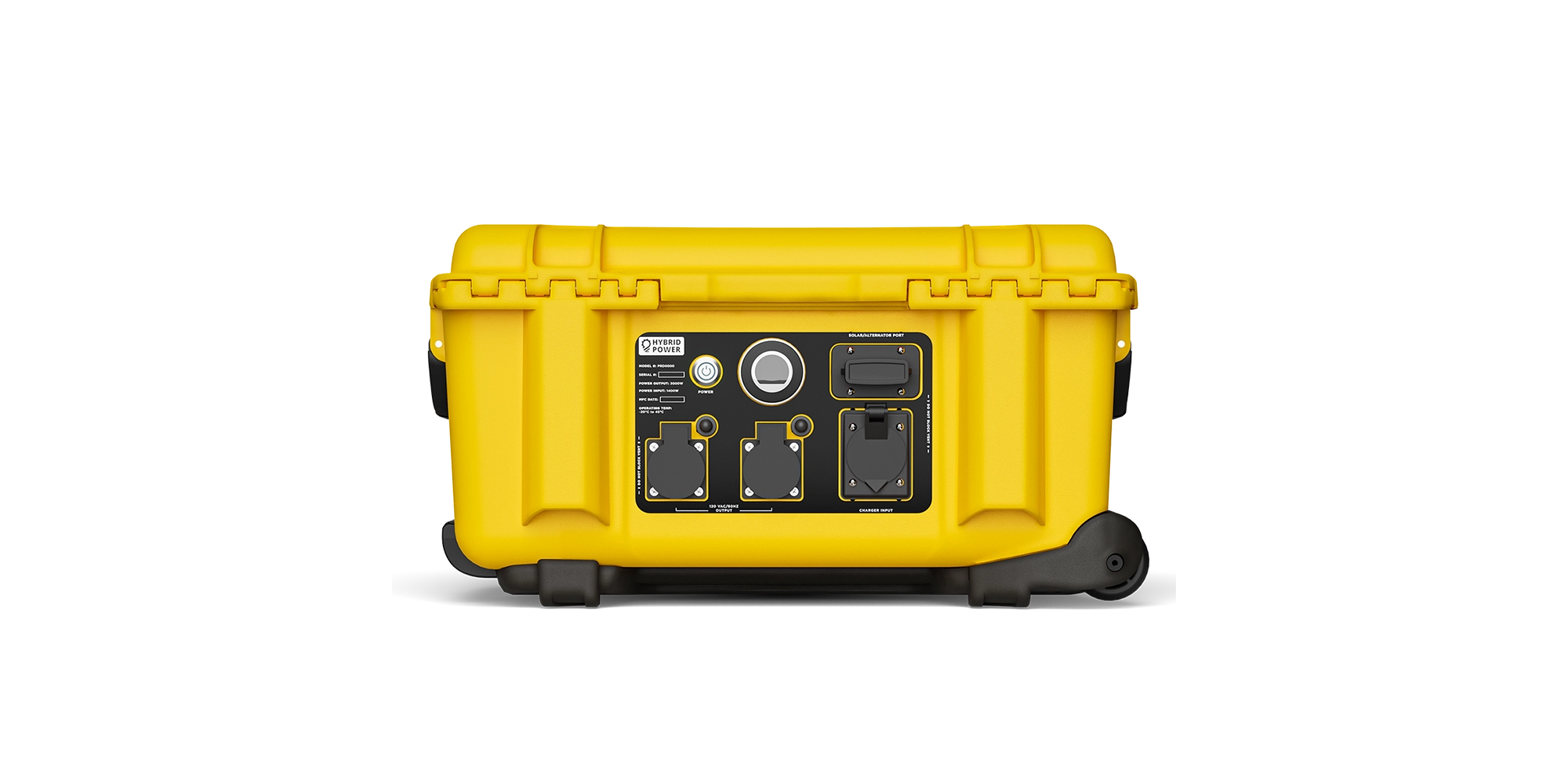
Portable Power Packs
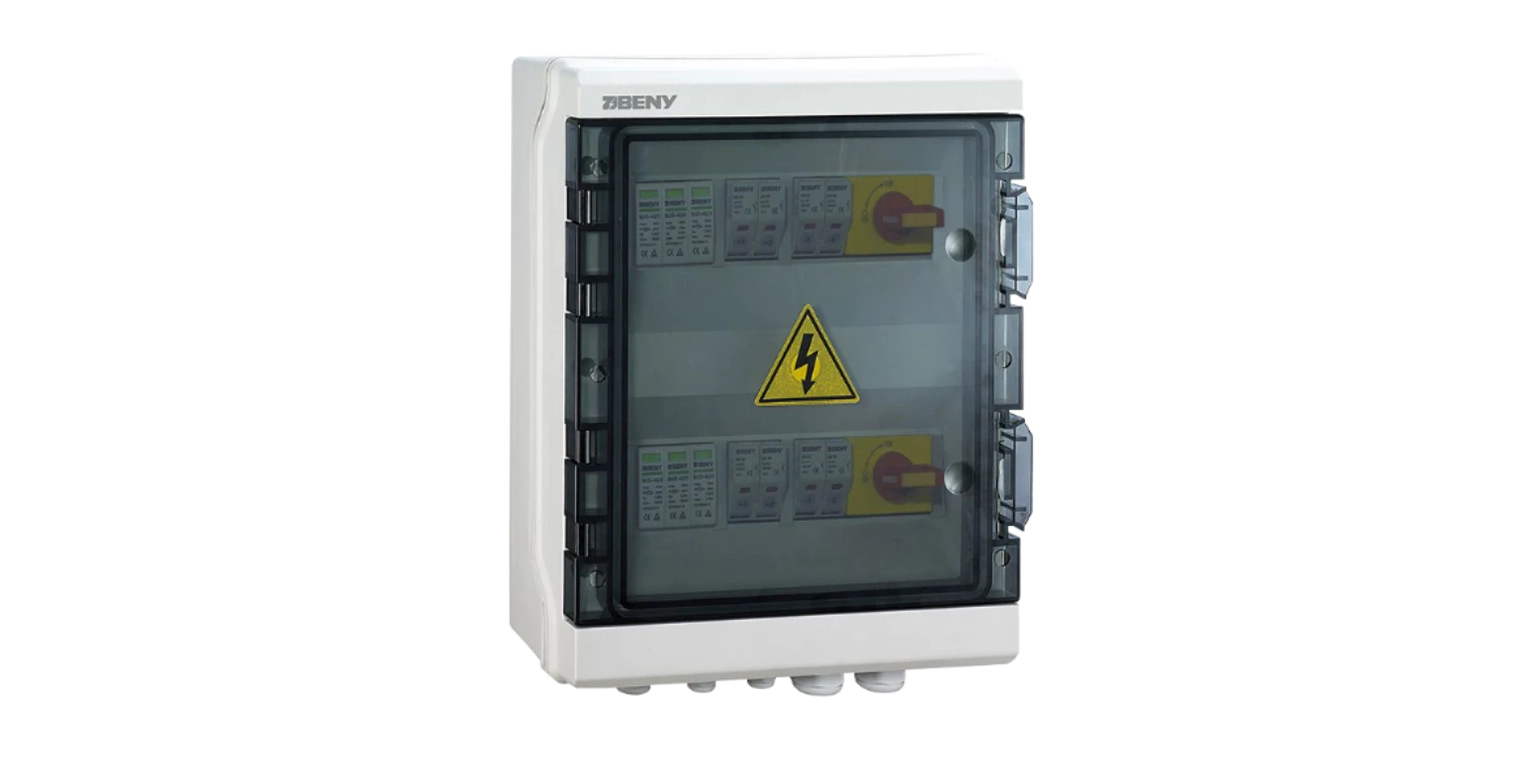
Accessories
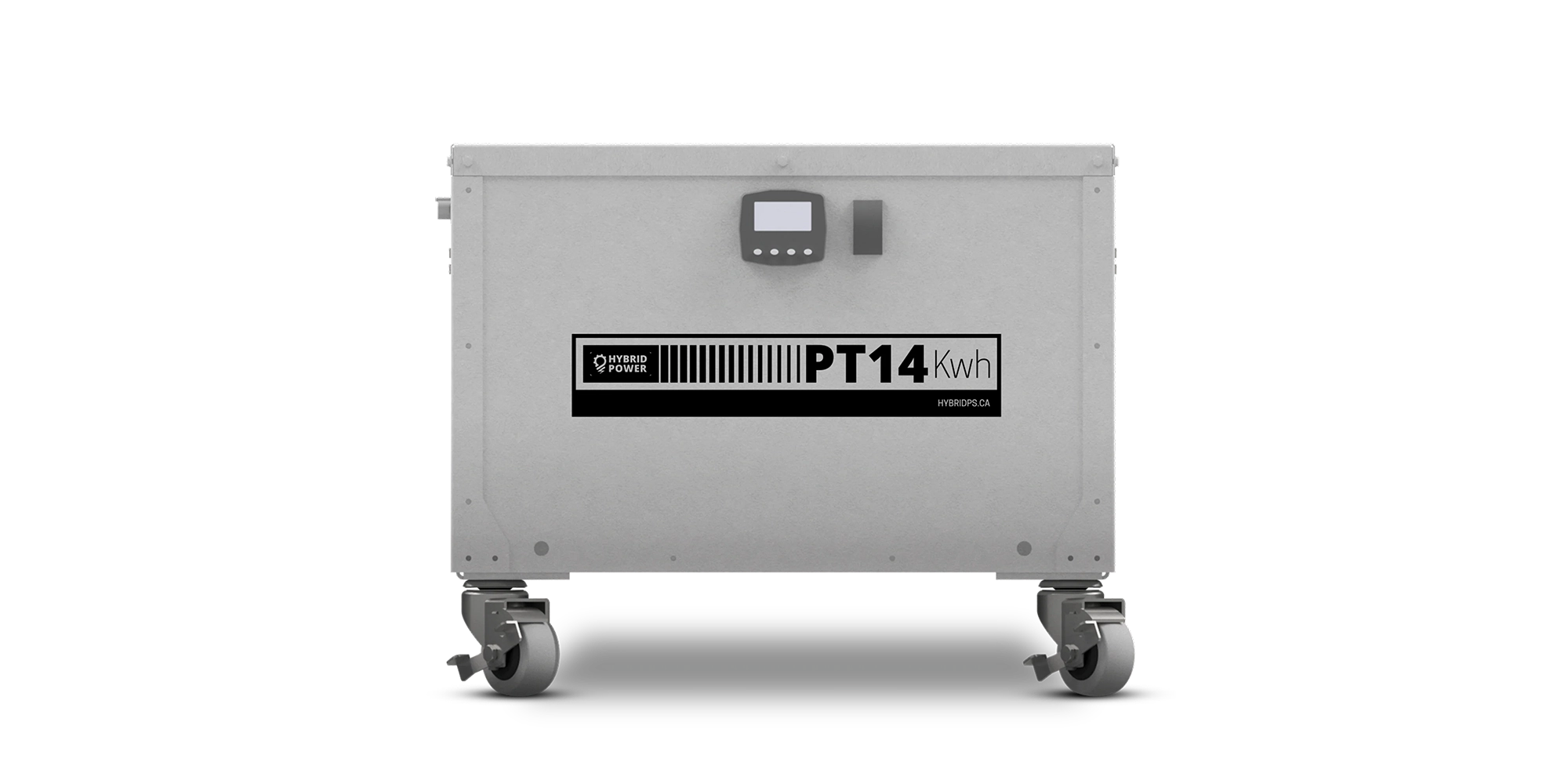
Solar Batteries
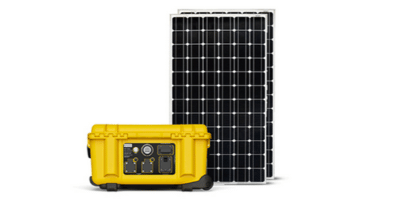
Second Chance
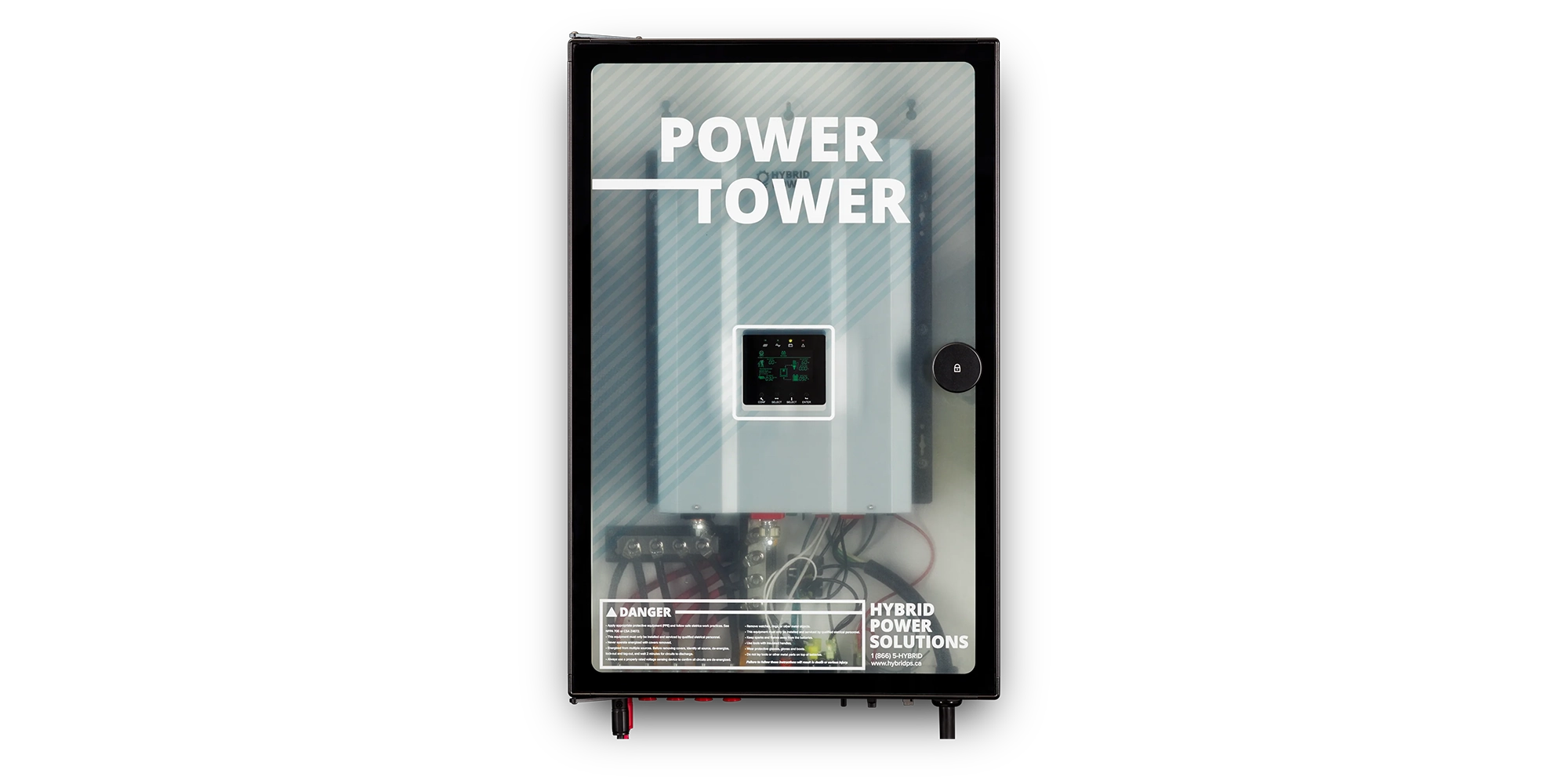
Solar Inverters

Gear
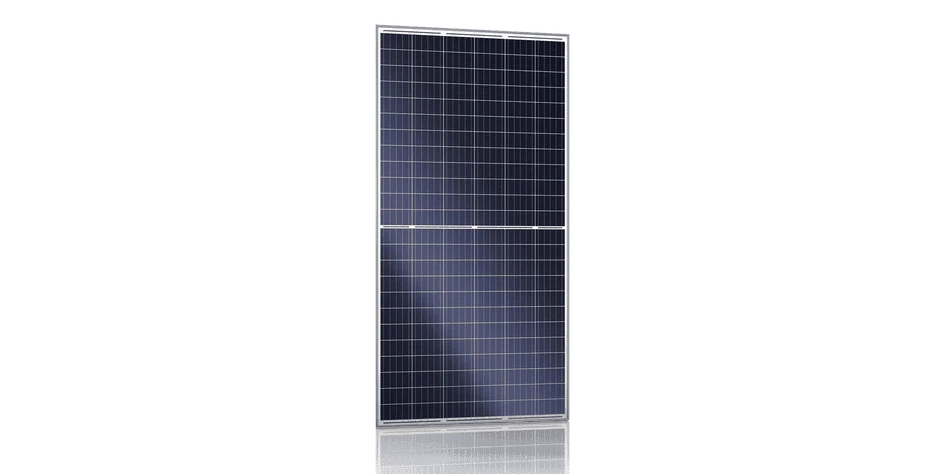
Solar Panels
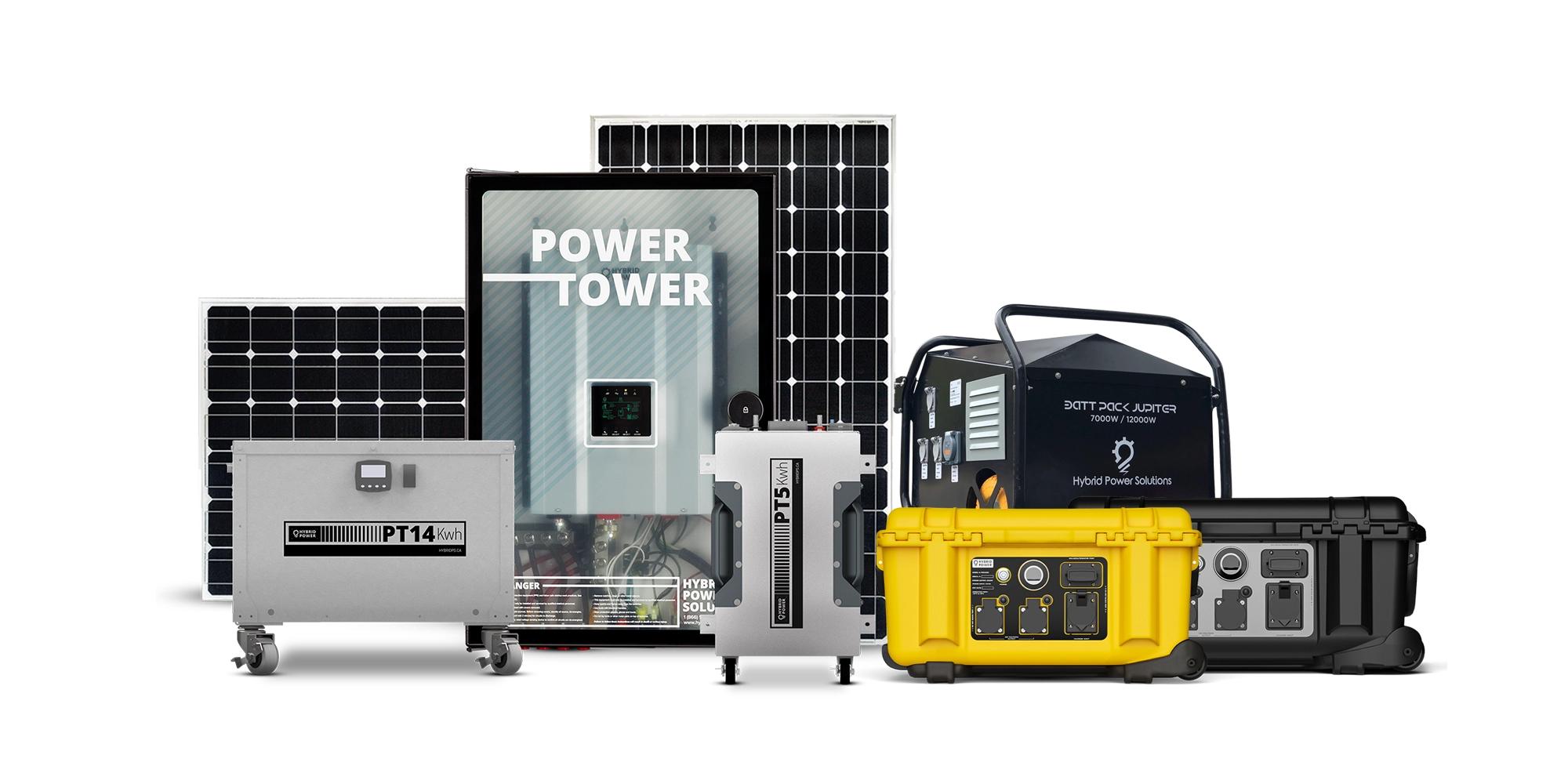
Shop All
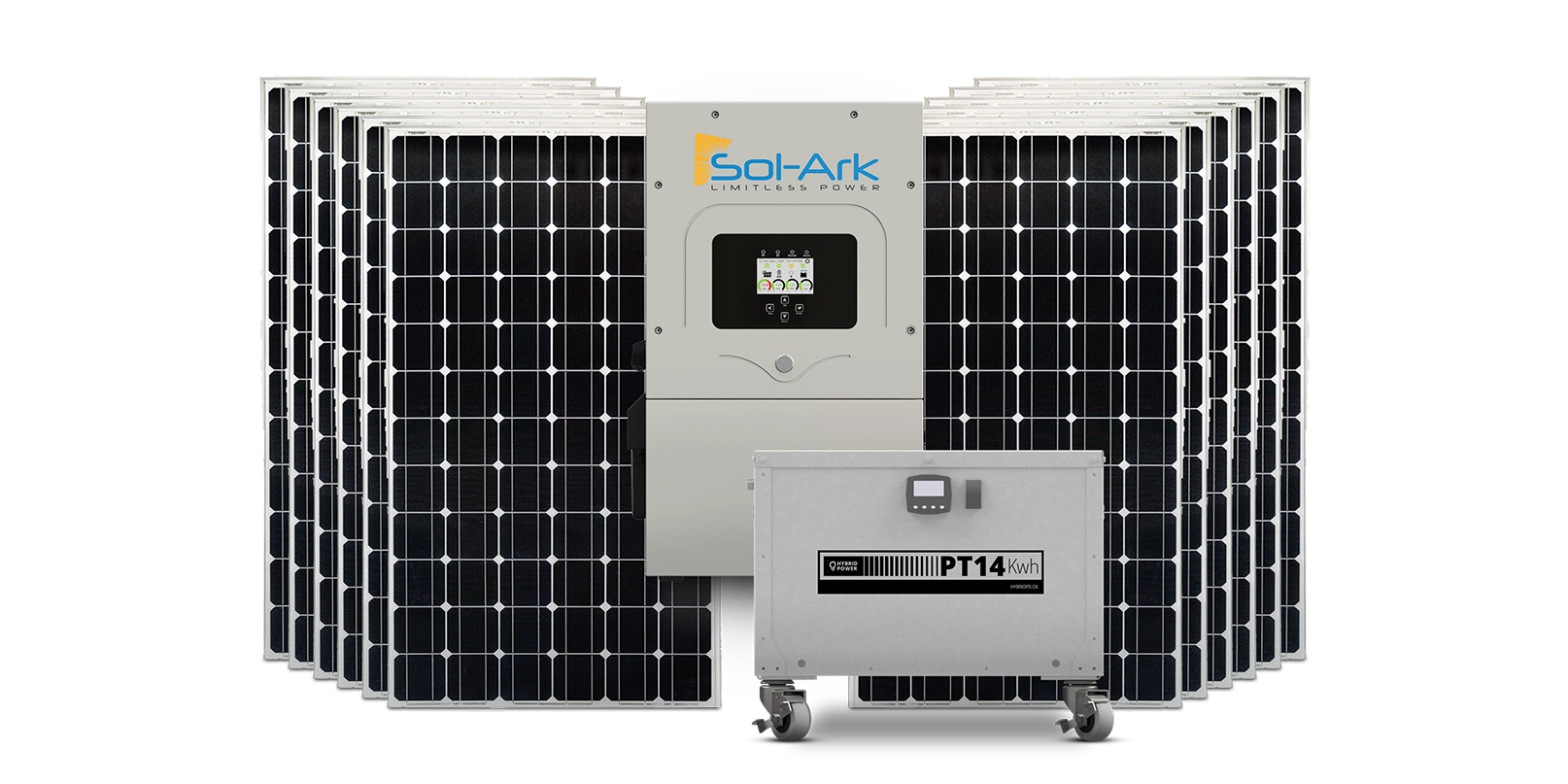
Solar & Backup Power Kits
Shop Local
Want to shop our products in person? Find an HPS dealer or installer near you.
Find a Dealer >
Solar Installation
With 0% financing and up to $6,600 in government rebates, going solar is easier and more affordable than ever before.
Learn More >

Off Grid Solar Systems
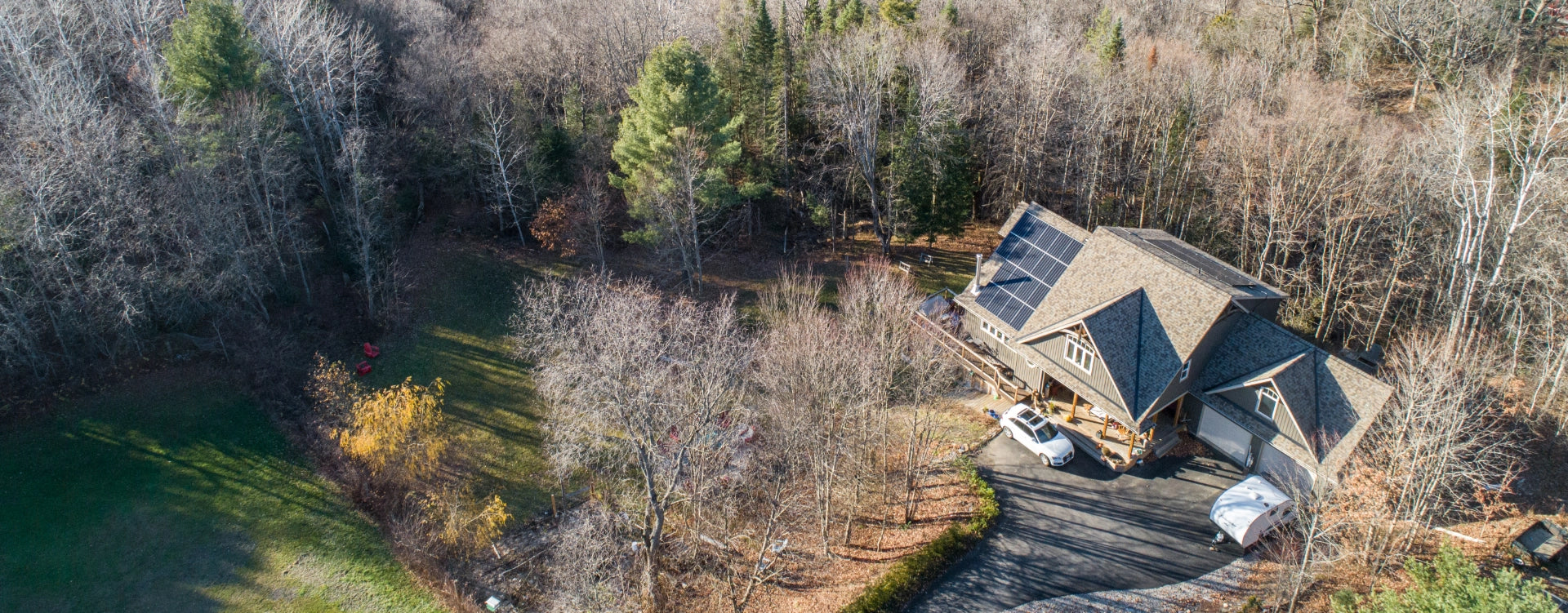
Grid Tied Solar Systems
Solar Installation
With 0% financing and up to $6,600 in government rebates, going solar is easier and more affordable than ever before.
Learn More >
Backup Power
Protect your family against power outages. Speak to a HPS backup power expert now.
Learn More >

Home Backup Power Systems
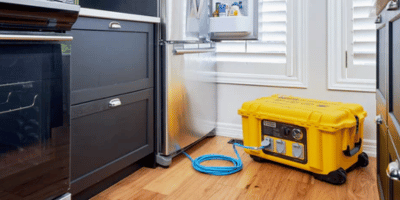
Portable Power Backup Solutions
Backup Power Installation
Protect your family against power outages. Speak to a HPS backup power expert now.
Learn More >
Applications
How to Protect Against Power Outages with Emergency Backup Power
August 19, 2022 6 min read
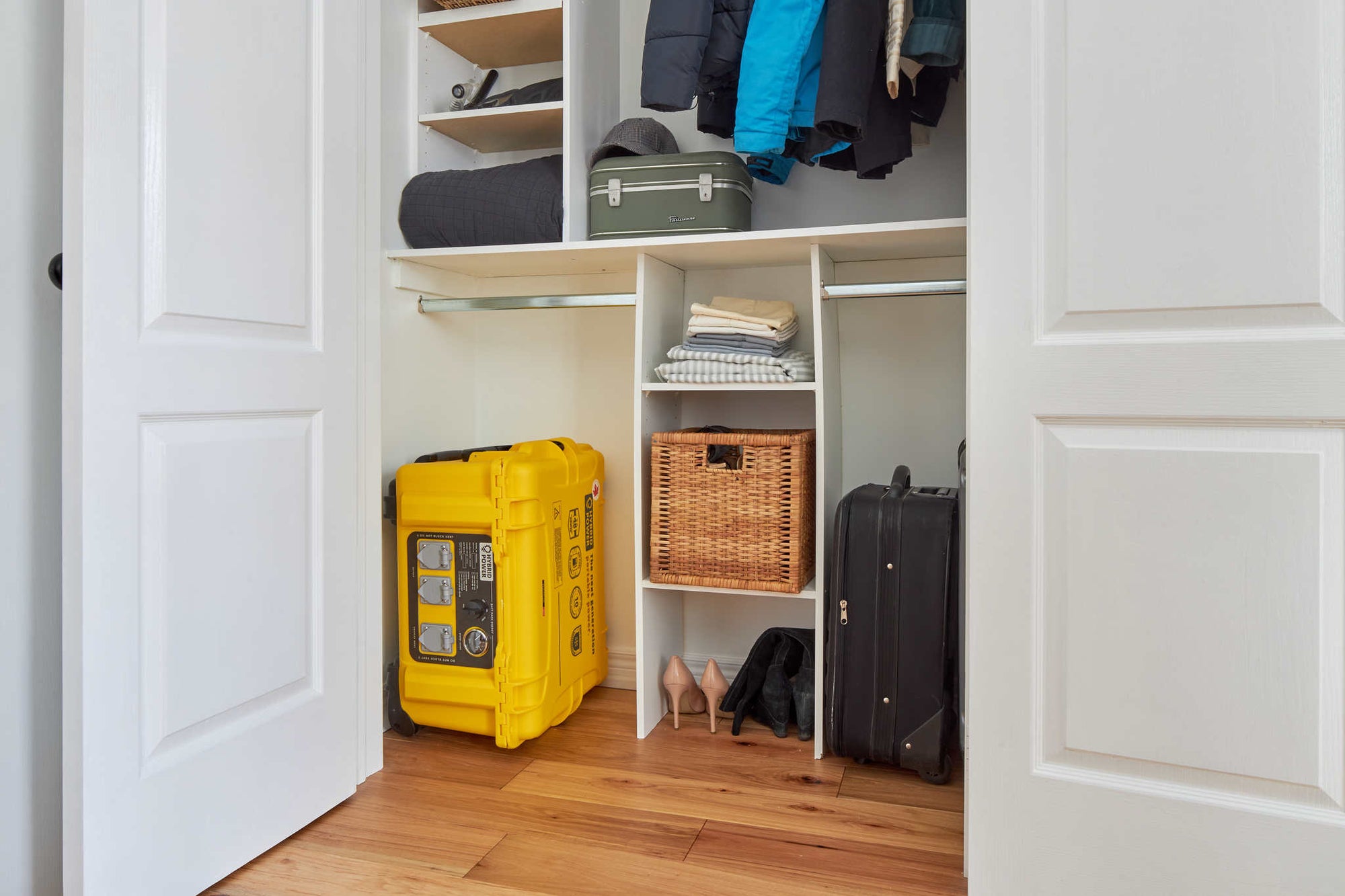
Power outages can be frustrating, inconvenient, and costly. Homeowners experiencing power loss can incur financial losses and disruptions to their daily activities. Similarly for businesses, even the slightest power disruption can cause major loss of productivity and negative financial impact. Power outage, also known as blackout or power failure, is defined as the loss of an electrical power network supply to the end user. This can be short-term or long-term. The two major types of power outage are “brownout” (a phenomenon where the voltage in the system drops, and is characterized by the dimming of lights) and “blackout” (total loss of power in area due to damage in the power grid).
Key Causes of Power Outages
Any interruption between power generation and the supply of electricity to homes can cause a power outage. The three most common causes of power outage are natural causes, human errors, and overload. Natural causes include inclement weather conditions such as thunderstorm, and even animal interference. Human errors and overload include equipment failure and scheduled or unscheduled maintenance. Other causes include faults at power stations, damage to electric transmission lines, substations or other parts of the distribution system, a short circuit, cascading failure, fuse or circuit breaker operation.
Power failures are particularly critical at sites where the environment and public safety are at risk. Institutions such as hospitals, sewage treatment plants, and mines will usually have backup power sources such as standby generators, which will automatically start up when electrical power is lost.
Power Outage Costs
According toEnergy Sage, the costs associated with power outages for homeowners can range anywhere from $25 – $25,000. For example, the cost of replacing a refrigerator full of spoiled food is about $200 on average. Property damage can range between $500 and $25,000. If alternative housing is needed during the power outage, the cost is about $150 per night, depending on the location and quality of the hotel. Lost productivity can also result in financial loss if one misses a full day or couple of hours of work.
Losing power as a business is even more costly. The U.S. Department of Energy estimates that power outages cost businesses $150 billion annually (Energy Sage). An article by Bloomenergy estimates the following costs due to a day-long power outage for various businesses: over $12 million for U.S. data centre, $60 million for car manufacturer, and $30,000 – $5 million for supermarket (Energy Sage).
This is why emergency backup power is extremely important!
How to Protect Your Home and Family Against Power Outages
The key to ensuring that your home and family are protected against power outages is to ensure that you have backup power available. Below are the 3 main types of backup power, and the pros and cons of each.
Emergency Backup Power Option #1: Generator
Standby generators connect to your home’s electrical panel and kick in automatically when there is a power outage. Even though the upfront costs are slightly lower ($7,000 - $15,000 on average), generators run on fuel such as diesel, liquid propane, or natural gas. This means that costs can add up over time to maintain a steady fuel supply. Maintenance costs are also significant as certain manufacturers recommend oil and filter changes after every 4 days of use. If you are not ready to do this maintenance yourself, cost can be anywhere form $300-500 per visit.
During usage, generators can be quite noisy and disruptive when they're in use. They also emit exhaust or fumes, depending on which type of fuel they use to run, which can be irritating to the eyes and lungs. In addition, generators emit carbon monoxide. High levels of carbon monoxide indoor can cause dizziness, loss of consciousness, and even death. The U.S. Consumer Product Safety Commission cautions that portable generators for home use must be operated outside, at least 20 feet (6m) away from windows, doors, and vents to avoid carbon monoxide poisoning, and it recommends installing carbon monoxide detectors to monitor indoor air quality.
Generators may pose a fire danger. As well, storing propane fuel in an earthquake-prone area can be dangerous.
In terms of reliability, generator systems are less reliable than home batteries, as measured by warranty duration, and require more upkeep. Portable and standby generators often have 3-5 year warranties that exclude normal wear and tear. In comparison, battery systems warranties can be as long as 10 to 25 years, and can include full coverage for parts and labor.
Emergency Backup Power Option #2: Battery Backup
Home battery backup systems store electrical energy that can be used to power your house during an outage. Because batteries run on electricity, either from your home solar system or the electrical grid, they are more environmentally friendly and cheaper to maintain in the long run.
Installing a battery backup system commands higher cost up-front (usually $10,000 - $20,000 on average). The exact pricing can vary based on the battery model chosen, and how many are needed to power your home. However, they do not require fuel to run, so this can result in cost savings over time. If your home uses a time-of-use utility plan, you can use a battery backup system to save money on your energy bills. This can be done by using energy from the battery backup to power your home during high-peak usage hours. During off-peak hours, you can use your electricity as normal at a cheaper (off-peak) rate.
Battery backups have advantages over generators when it comes to installation and maintenance. Battery backups can be mounted to the wall or floor, whereas generator installations require a bit of additional work. When in use, battery backups are quiet, run independently, do not produce any emissions, and do not require any ongoing maintenance when using lithium batteries
Here are some battery backup products offered by Hybrid Power Solutions that can help power your home during outages:
- Portable - Batt Pack Energy
- Stationary - Starter Package (there are larger packages available for full solar systems if needed)
Emergency Backup Power Option #3: Battery Backup + Solar
Although it is possible to install just battery backup without a solar system, and vice versa, combining the two can result in a very comprehensive and reliable power backup system. Solar battery systems work by using solar energy captured by solar panels, and storing it for use when needed. A solar system usually lasts for at least 20 to 25 years, and at today’s electricity rates, the payback time is 7 to 12 years. That means a decade or more of absolutely free electricity.
A battery backup system can sync with a solar energy system so it will switch on instantaneously when needed. This makes it convenient for homeowners because no manual switches or reminders are needed. There is also no need to buy fuel on a regular basis (unlike using a generator backup system). Solar batteries offer long-lasting power. A battery typically provides approximately 8 to 12 hours of backup power getting you through the night. After this, the solar panels take over to power your home and recharge the batteries. Another major benefit is the use of clean, renewable energy without emitting greenhouse gasses.
Solar systems are safer than generators because they do not emit dangerous fumes such as carbon monoxide, do not pose fire hazard, and are safe and quiet when running.
If you would like to explore the possibility of installing a solar system for your home, check out Hybrid Power Solutions’ solar installation and energy storage service. We can help provide a comprehensive solution combined with battery backup to ensure that you’ll never have to deal with the negative fallouts of power outage again!
Key Take-Aways
With the options available for power backup, you should never go through a total power outage again. Below is a summary of the different types of backup power source.
|
Backup Power Source |
Pros |
Cons |
|
Generator |
· Cheaper to install up-front |
· Higher cost in the long run due to fuel supply · Noisy while in use · Emits carbon monoxide · Can pose fire hazard · Less reliable and shorter warranty period
|
|
Battery Backup |
· Less costly in the long run (no fuel needed) · Quiet while in use · No harmful emissions · No complicated ongoing maintenance · More reliable and longer warranty period
|
· Can be more expensive up-front |
|
Battery Backup + Solar |
· All the benefits of battery backup, plus extra reliability and the use of clean and renewable energy
|
· Can be more expensive up-front |
Explore our hybrid power solution offerings here, or get in touch with us if you have any questions!
x
